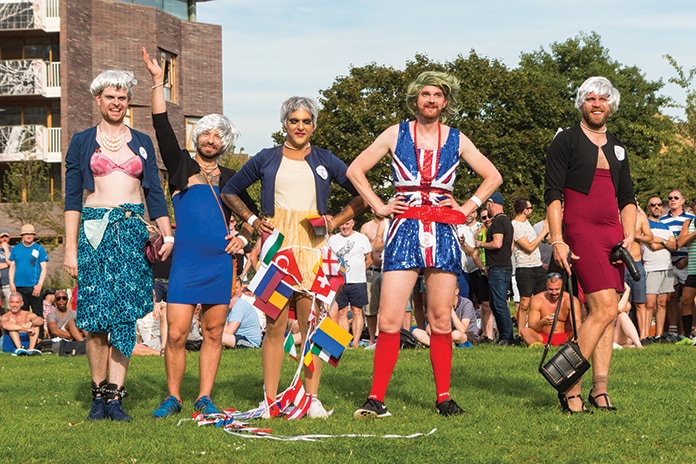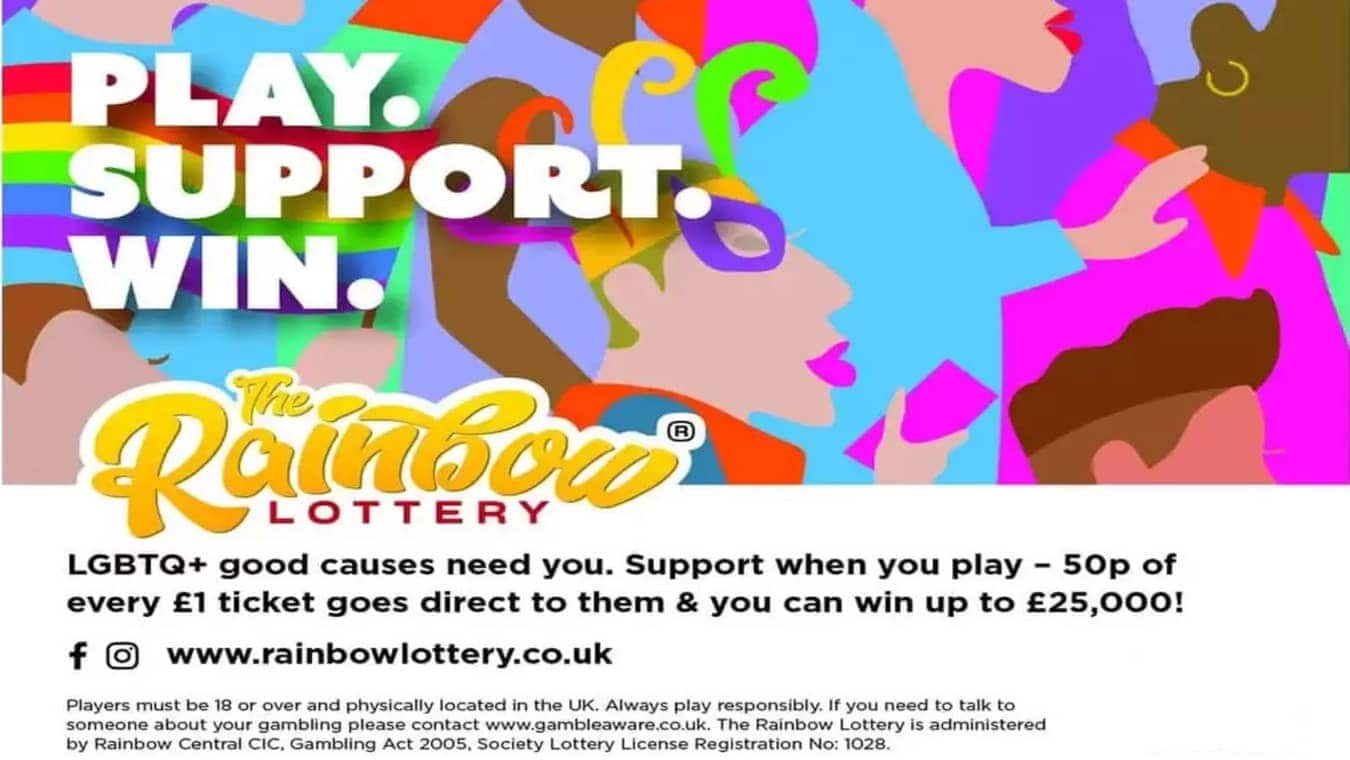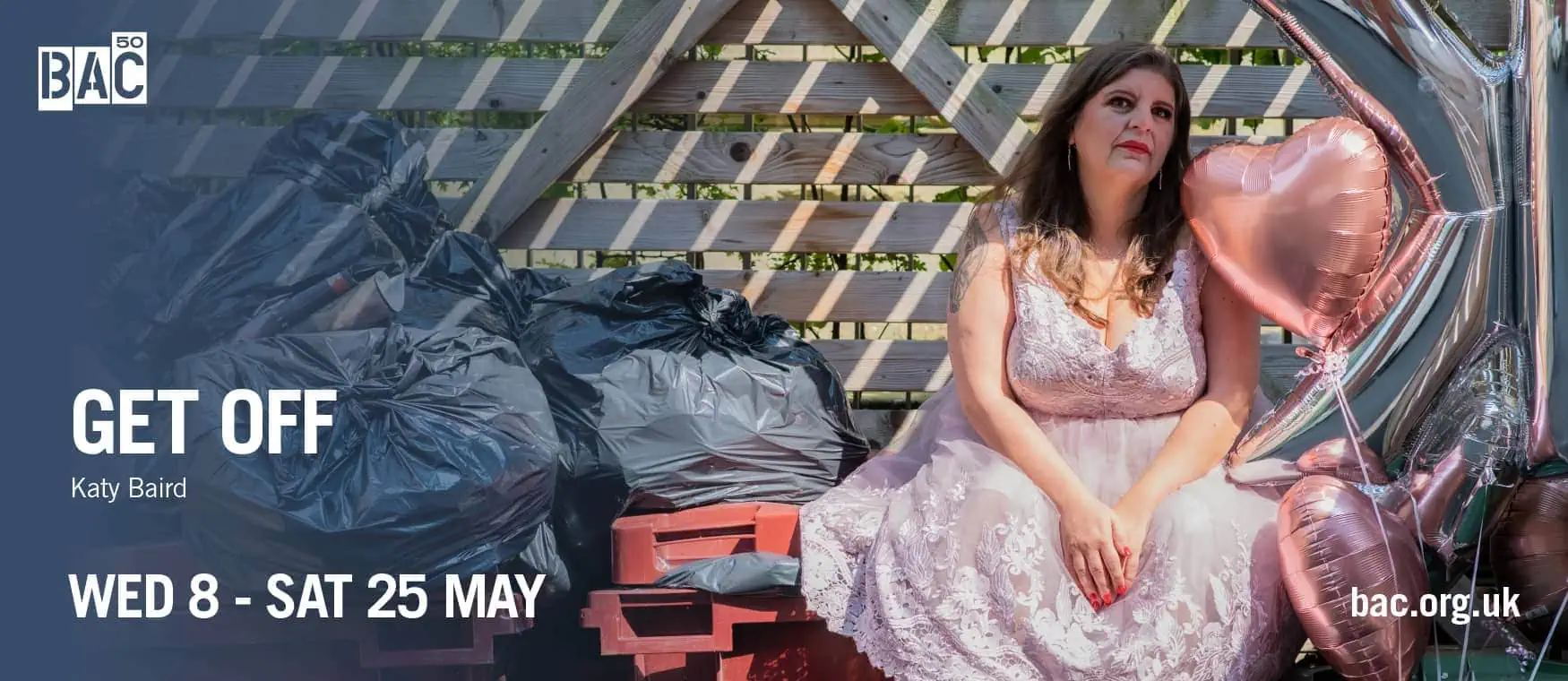Dr Amanda Jones, Senior Lecturer in Physical Education, University of Bedfordshire explains why language is the key to LGBTQIA+ community’s inclusion and wellbeing in sport.
It tends to be said that ‘sport is good for you.’ Participation leads to subjective wellbeing which in turn leads to positive mental health. However, what happens when the experience of sport is negative?
Sport experiences for the LGBTQIA+ community are often catalyst for exclusion and injustice, negativity, loneliness, self-doubt, marginalisation and bullying. For many in the LGBTQIA+ community discrimination in sport remains excluded fact of life. Research carried by Active Lives finds that while just 6% of all adults often feel often or always lonely, the figure jumps to 15% amongst gay men and lesbian women and 21% for anyone who identifies as bisexual.
Sports organisations must consider how the language used to describe sports can encourage more inclusive and safe sports participation for LGBTQIA+ people. The language used in sport often leads to LGBTQIA+ exclusion due to use of the binary categories of male versus female. To further avoid more LGBTQIA+ youth and adult discrimination and exclusion, there needs to be more research focusing on the wellbeing of LBTQIA+ people who participate in sports and physical activity.
There are promising initiatives that seek to improve LGBTQIA+ lives, their well-being and challenge issues of inequality and exclusion through sports participation. Sport England’s new 10 year strategy ‘Uniting the Movement’ has a mission statement that ‘believes everybody irrespective of gender identity or sexuality should feel welcome and able to be themselves while taking part in sport’. Initiatives that are research led and meaningfully engage with the LGBTQIA+ people and partner with organisations such as Pride Sports are important. They will slowly tackle these deep-rooted inequalities and support organisations to offer appealing, welcoming and safe places for the LGBTQIA+ community.
Positive transformations are also needed in sport governance. Pride Sports’ report ‘Sport, Physical Activity and LGBT’, commissioned by Sport England in 2016, provided a much-needed overview of the sport and physical activity landscape for LGBTQIA+ people in England. One of the most encouraging recent examples of positive change has been the emergence of LGBTQ+ networks, which are providing forums to bring LGBTQIA+ people together, to be visible, share experiences within their sports and support inclusive change.
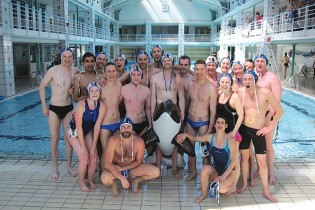
The Olympics, the Commonwealth Games, the Euro Football and many other top events now have a culture of inclusion and respect for all. This has helped LGBTQIA people succeed in sport. The celebration of LGBTQIA+ elite athletes in the media as important role models for our youth, increases feelings of belonging and social connectivity in the LGBTQIA+ community and can increase resilience and wellbeing.
Although the numbers of LGBTQIA+ elite athletes are growing we must consider the emotional, psychological and physical difficulties that lead to negative well-being. For example, in the case of Lauren Hubbard who made history as the first transgender Olympian in weightlifting, just turning up for the competition was stressful in itself as the level of transphobia and targeted violence she faced for months before the event was deeply worrying.
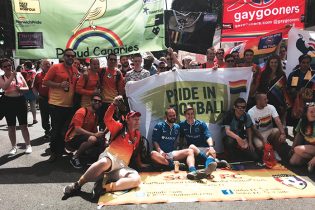
LGBTQIA+ people still prefer solitary, informal sports and physical activity to that of organised team sports and this is likely to be linked to negative experiences of school sports. There is undoubtedly still work to be done in school sport and PE. Given this, it is crucial that LGBTQIA+ acceptance is taught from a young age, so issues are not misunderstood. In the UK there are policies in place to keep young people ‘safe’ in school – especially in PE where the ‘changing rooms’ are the most challenging spaces. LGBTQIA+ children are often operating in spaces for sports where they do not see anyone like them. Furthermore, transformational social change is clearly needed from grassroots to elite sports to enable all LGBTQIA+ people equal access to an inclusive and accepting spaces for sports and physical activity.
Ultimately, while sports is just like any other social justice area, where gender binaries and dominant power relations determine the exclusion and discrimination of the minority; it needs to transform into an inclusive space that meet today’s fluid definition of gender within society. To try to fit everyone into two categories based on biological entities of ‘male’ and ‘female’ is impossible in sport and in everyday life.


